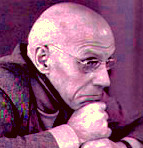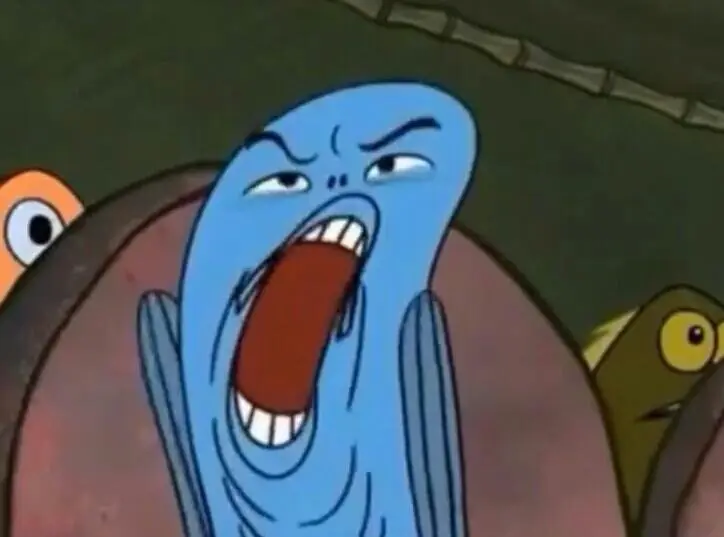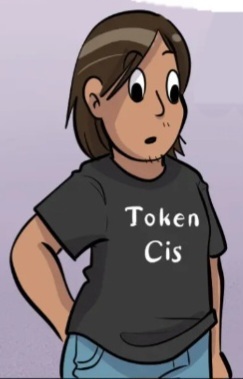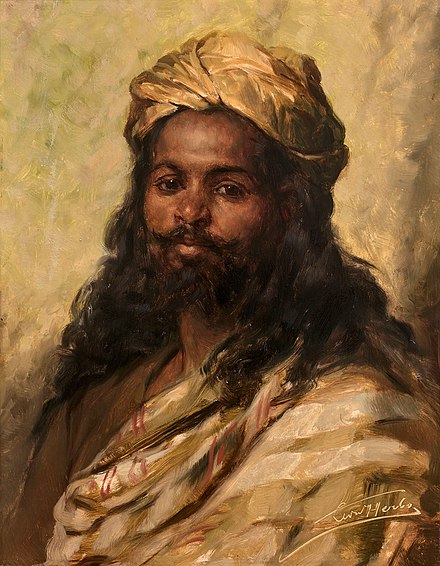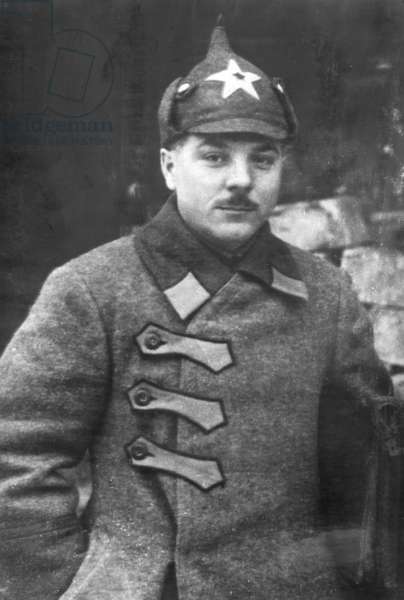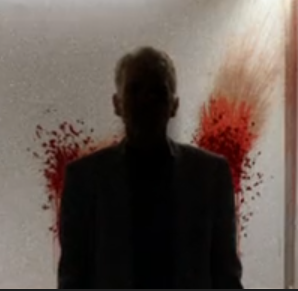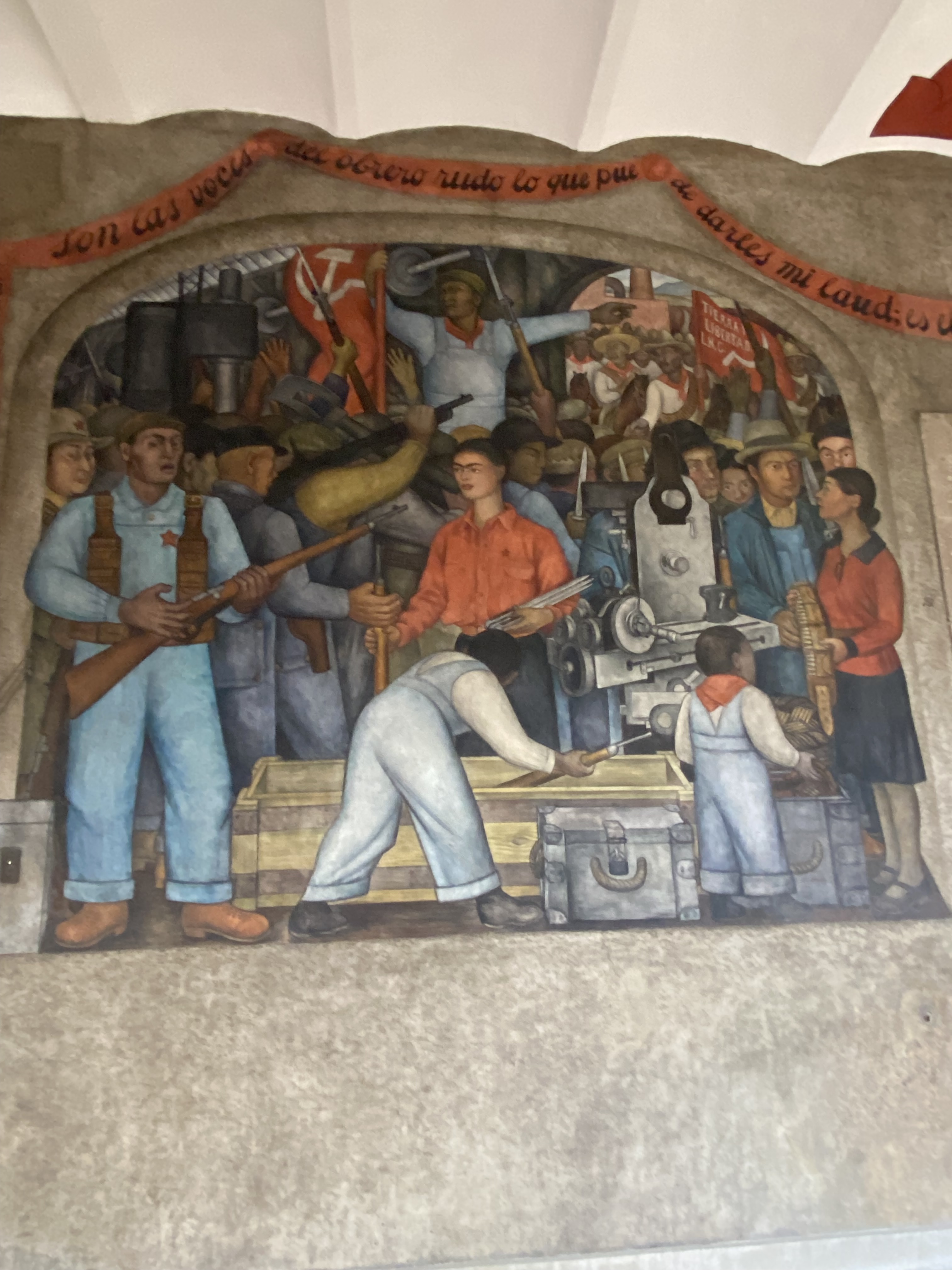I can't believe it, but I actually found a good Atlantic article. Enjoy a deep dive into the diseased neuroses of white South African liberals, with implications for understanding other Apartheid and post-Apartheid states. Personally I was thinking a lot about Israel and the way white people in the US are a million times more weird and freaked out about race than PoC. I'll post some tidbits below for your delectation:
But as time wore on, even wealthy white South Africans began to radiate a degree of fear and frustration that did not match any simple economic analysis of their situation. A startling number of formerly anti-apartheid white people began to voice bitter criticisms of post-apartheid society. An Afrikaner poet who did prison time under apartheid for aiding the Black-liberation cause wrote an essay denouncing the new Black-led country as “a sewer of betrayed expectations and thievery, fear and unbridled greed.”
What accounted for this disillusionment? Many white South Africans told me that Black forgiveness felt like a slap on the face. By not acting toward you as you acted toward us, we’re showing you up, white South Africans seemed to hear. You’ll owe us a debt of gratitude forever.
White people rarely articulated these feelings publicly. But in private, with friends and acquaintances, I encountered them over and over. One white friend and former anti-apartheid activist (who didn’t want to be identified in order to talk freely) told me that after the Truth and Reconciliation Commission publicized much of what Black South Africans had faced under apartheid, she felt humiliated to recall what she and her friends had once considered resistance: gestures like having a warm exchange with a Black maid or skipping class to join an anti-apartheid march.
She said that sense of embarrassment made her shy away from politics, as did the slow-dawning recognition that Black people—many of whom had worked in white people’s houses under apartheid—knew much more about the lives of white people than white people knew about Black lives. My friend had never even seen the inside of a Black person’s home.
Carjacking is an easier crime to fake for insurance fraud, and therefore might be overreported. But the disparity was so stark that it suggested another explanation: A number of white South Africans had a memory of someone breaking into their homes when it never happened.
The journalist Mark Gevisser has called this fear of home invasion by Black burglars “Mau Mau anxiety,” after the guerrilla movement that helped drive white colonists out of Kenya in the 1950s. He wrote that this fear lurks even “in a bleeding-heart liberal like myself.”
Giliomee, the historian, told me he thought that what dogged white progressives after apartheid ended was less a concern for physical safety than a feeling of irrelevance. Under apartheid, many of them felt they belonged to a vanguard. One of Giliomee’s friends, a liberal white politician, left a secret 1987 meeting about a transition to Black-majority rule believing that he and the prominent ANC leader Thabo Mbeki were “best friends.” He expected the aftermath of apartheid to be an exciting time, full of the same thrilling work he had done to help build a democratic, multiracial future for the country. Once Black leaders secured political power, though, they didn’t have to rely as much on white allies. When Mbeki became Mandela’s deputy president, he wouldn’t return the white liberal’s calls. The politician sent policy proposals and got no reply. After apartheid, the friend “started drinking heavily,” Giliomee said. “He drank himself to death.”
Buys found unexpected refuge in the ideas of the sociologist Manuel Castells, who argued that progressives had a duty of care for “Fourth World” groups that lack the protection of their own state. Castells used the term to refer to marginalized peoples such as the Australian Aborigines. “But what if Afrikaners are such a community?” Buys recalled thinking, in a moment of revelation. “I wanted to fight for Afrikaners, but I came to think of myself as a ‘liberal internationalist,’ not a white racist,” Buys told me. “I found such inspiration from the struggles of the Catalonians and the Basques. Even Tibet.”
My takeaway from this is, white liberal South Africans collectively suffer from a terminal case of Main Character Syndrome
white liberal South Africans collectively suffer from a terminal case of Main Character Syndrome
This is an "international community" problem
I see what you mean, but I think there actually is a bit more to this. To me, reading this made me consider how individuals internalize responsibilities for collective ills. I think we as humans are very limited in our ability to know our own contributions to these mass endeavors in fuckery. We've created systems too complex for individuals to understand, and then when they try to reckon with their complicity they end up internalizing guilt for either way more than their individual contributions, or if they can't face up to that they end up rejecting their complicity entirely.
I guess I just think that the horrors of capitalism and imperialism create evils on a scale that is hard for our brains to grapple with.
Oo, interesting take, did not think of that. Do you see what you proposed as being necessarily incompatible with what PKMKII suggested? I don't, though I'm not sure if I completely understand.
Not really, no. I think it is compatible with what PKMII suggested. Main character syndrome is apt here.
I agree with Uncle Iroh when he says
Pride is not the opposite of shame, but its source. True humility is the only antidote to shame.
So to help bring these people out of this counter-productive shame spiral, it might help more to consider the roots of their shame rather than leaving it at the succinct Main Character Syndrome.
very well said! to share my own quote, yours reminds me of something from Epictetus' Enchiridion
“If anyone tells you that such a person speaks ill of you, don’t make excuses about what is said of you, but answer: 'He does not know my other faults, else he would not have mentioned only these.'” - Chapter 33
Yes they do, and it makes having conversations with them impossible, especially on politics. These folk still believe that voting for the DA (white classical liberal political party) will somehow fix everything, or that the DA is relevant outside of the Western Cape. Their world is about to be shattered by the 2024 elections, I can see it happening now.
What accounted for this disillusionment? Many white South Africans told me that Black forgiveness felt like a slap on the face. By not acting toward you as you acted toward us, we’re showing you up, white South Africans seemed to hear. You’ll owe us a debt of gratitude forever.
Africans peacefully move on with building up their homeland after apartheid

what dogged white progressives after apartheid ended was less a concern for physical safety than a feeling of irrelevance.

The politics of a region not impacting you whatsoever is generally a GOOD thing, liberals confuse me perpetually
One white friend and former anti-apartheid activist (who didn’t want to be identified in order to talk freely) told me that after the Truth and Reconciliation Commission publicized much of what Black South Africans had faced under apartheid, she felt humiliated to recall what she and her friends had once considered resistance: gestures like having a warm exchange with a Black maid or skipping class to join an anti-apartheid march.


I cannot imagine the level of delusion that must go through their heads to think that treating a maid nicely (basically a modern day slave that often worked and lived on the property they cleaned) makes them some kind of revolutionary...
And yes, there are still plenty of black women working as maids today, earning minimum wage.
Oh yeah sure, but my point is something I've been feeling for a while now; that we western leftist aren't doing much better than that.
I live in South Africa and am South African so I more offering social commentary on that. But yes, you're right, a whole recreation of all societies has to be on the agenda.
One white friend and former anti-apartheid activist (who didn’t want to be identified in order to talk freely) told me that after the Truth and Reconciliation Commission publicized much of what Black South Africans had faced under apartheid, she felt humiliated to recall what she and her friends had once considered resistance: gestures like having a warm exchange with a Black maid or skipping class to join an anti-apartheid march.
Straight up, crackers like this need to be charged with indecency and deported
she felt humiliated to recall what she and her friends had once considered resistance: gestures like having a warm exchange with a Black maid or skipping class to join an anti-apartheid march.
this is most white American leftist, like 80% of them.
“a sewer of betrayed expectations and thievery, fear and unbridled greed.”
i wonder what his other issues are? because this could be a critique of capitalism, he didnt lob that at black people for being black based on the quote? i cannot seem to find any info on this anonymous poet, so this could be another situation where people are deliberately misinterpreting a communist
edit: so the source is from Eve Fairbanks (the author of this article, so she is citing herself) in the book The Inheritors: An Intimate Portrait of a Brave and Bewildered Nation, but she does not leave a citation, and attributes it to Breyten Breytenbach and claims he wrote it in a major essay, but doesnt provide the source (poor authorship). I cannot seem to find where or how he said this. it should be noted that eve fairbanks was born in DC, is white, and went to yale, yet writes a lot of books on africa. if anyone else finds info on this, lmk
some other things that Breytenbach has said:
-
Breytenbach has been known to personally embody his own revolutionary aesthetics. An example is his appearance at the 1973 University of Cape Town Summer School. In his speech, he stated in Afrikaans, that Afrikaans is a “bastard language."
-
Still residing in Paris with his wife -- they have no children -- Breytenbach is not starrily optimistic about post-apartheid South Africa. "There is something to live for now," he says, "but there is also an enormous difference between rich and poor, a great iniquity. I fear expectations could be crushed in two years time." It is, he adds, a place that "must keep inventing itself to stay alive." Its future will depend on the vitality of its ongoing revolution. It won't be easy, he says, "but mine are fears shot through with rays of hope."
-
Has worked at Gorée Institute in Senegal, which writes positive things about him and his work. The university describes itself as a Pan-africanist organization and was founded by the Socialist Party of Senegal.
-
Breytenbach is noted to have been banned from apartheid South Africa for marrying a Vietnamese woman.
to me, it seems he is more sad that the ANC did not follow a socialist line. i cannot seem to find any contact information for him, i think he is just an 84 year old hermit in paris now
Well what Breytenbach said is true. There is a huge amount of corruption and greed in modern day South Africa, a lot of it within the ANC, and the corruption it is very much out in the open (Google Jacob Zuma for an insight here), as is typical in a lot of second and third world/global south countries. However, despite what white liberals say, It's not an issue that is unique to South Africa, Ukraine for instance faces similar issues with its post Soviet Union political class, and also the corruption is also no where near as bad as it was under apartheid. The apartheid regime needed to rent an industrial steel furnace to burn all their documentation and records, so that the ANC would not have access to them. They also left the country bankrupt/insolvent and in a huge amount of debt.
-
An Afrikaner poet who did prison time under apartheid for aiding the Black-liberation cause wrote an essay denouncing the new Black-led country as “a sewer of betrayed expectations and thievery, fear and unbridled greed.”
Breyten Breytenbach? If so, it seems Spitting Image was too charitable to him.
I researched this https://hexbear.net/comment/4439140
I am leaning towards the idea that the author is slandering a socialist (and possibly a communist based on things he has said about the development of Hunan in china)
It's linked in the post: https://archive.is/UfblS
